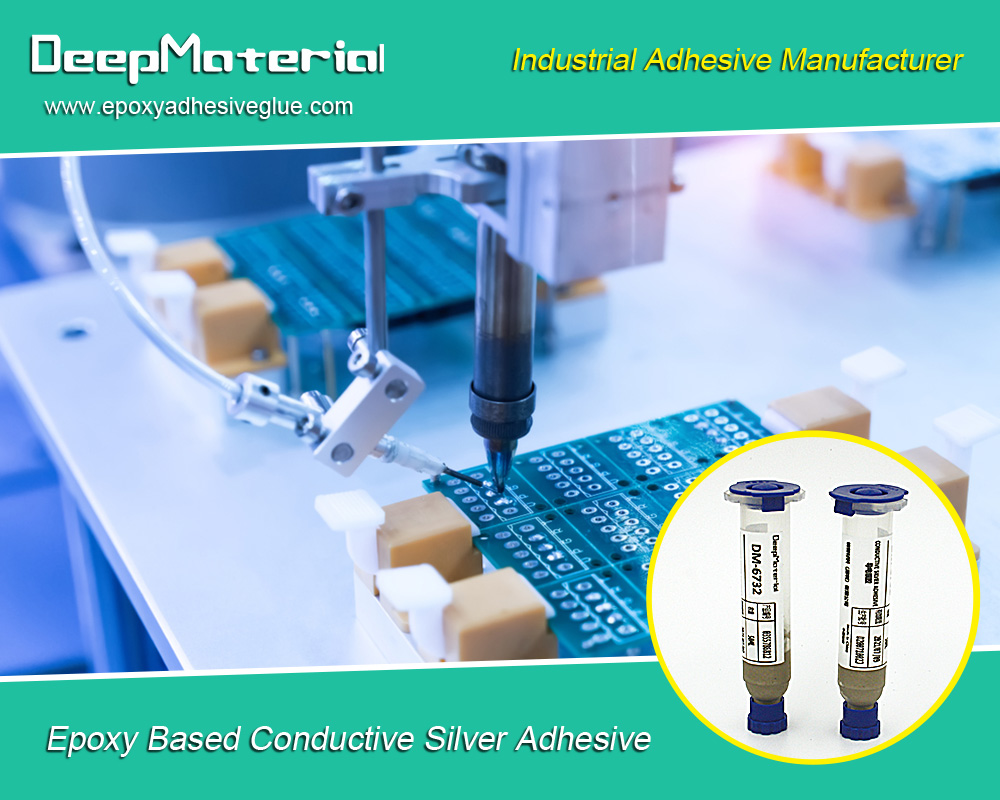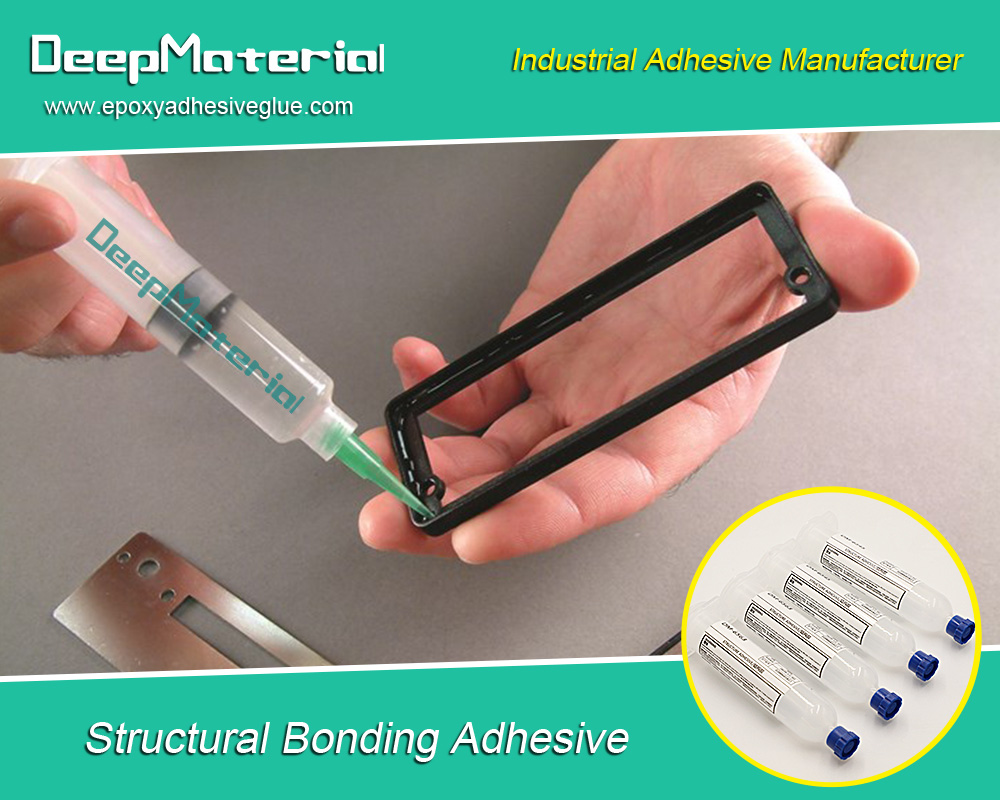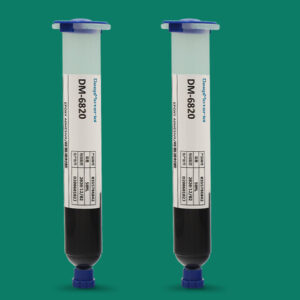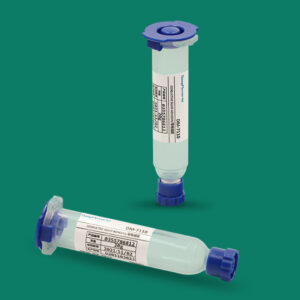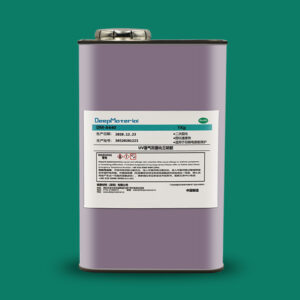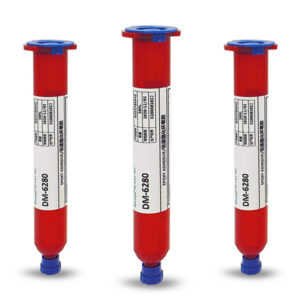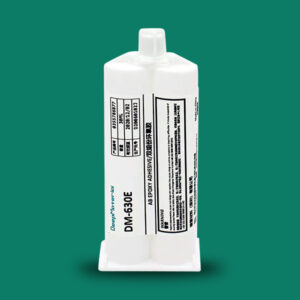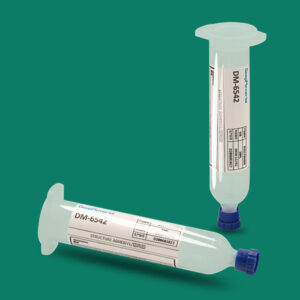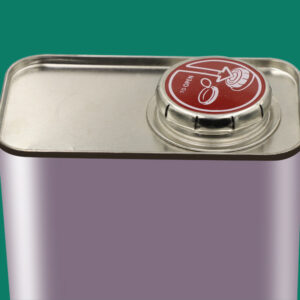Automatic Fire Suppression System for Restaurants: Protecting Lives and Property
Automatic Fire Suppression System for Restaurants: Protecting Lives and Property
In any restaurant, the kitchen is the heart of the operation but is also one of the most dangerous areas. From open flames to hot oil and grease, fire hazards are prevalent. As a result, ensuring the safety of staff, customers, and property is paramount. One of the most effective ways to mitigate these risks is through an Automatic Fire Suppression System. This system automatically detects and suppresses fires in critical areas, helping to protect both lives and assets. In this blog post, we will explore the importance of these systems, how they work, and why they are a vital investment for any restaurant.
What is an Automatic Fire Suppression System?
An Automatic Fire Suppression System (AFSS) is a network of devices designed to detect and suppress fires without human intervention. These systems are engineered to respond quickly to early fire signs, automatically activating suppression mechanisms like sprinklers, foam, or other extinguishing agents. The goal is to control and eliminate the fire in its early stages before it spreads, potentially causing catastrophic damage to the establishment.
Key Components of an Automatic Fire Suppression System
- Fire Detectors: These sensors detect smoke, heat, or flames in the kitchen and trigger the system’s activation.
- Suppression Agents: The system uses specialized agents such as wet, foam, or dry chemicals to suppress flames.
- Control Panel: This is the brain of the system, managing alarms and suppression deployment.
- Activation Mechanisms: These physical devices, such as nozzles or sprinkler heads, that release fire suppressants.
Why Do Restaurants Need an Automatic Fire Suppression System?
Preventing Kitchen Fires
Restaurants are particularly susceptible to fires due to the constant use of heat sources like grills, ovens, fryers, and stoves. The risk increases when grease and oil accumulate, making it easier for a tiny spark or heat source to ignite a fire. An automatic fire suppression system helps mitigate this risk by intervening before the fire gets out of control.
- Grease Fires: Grease and fat buildup in kitchens are leading causes of kitchen fires. Automatic fire suppression systems, especially those designed for kitchens, can target grease fires specifically, reducing the risk of a full-blown disaster.
- Prevention of Spread: The system suppresses the fire at its source, limiting its ability to spread to other areas.
Saving Lives and Reducing Injuries
An automatic fire suppression system’s quick response can save lives. Controlling a fire in its infancy reduces the chances of injury to staff or patrons. Human intervention might not always be fast enough in a fire, but an automated system can act immediately, often before the fire department even arrives.
Limiting Property Damage
Fires can significantly damage a restaurant’s equipment, infrastructure, and inventory. An automatic suppression system reduces property damage by extinguishing fires early. The longer a fire burns, the more extensive and costly the repairs can be.
- Minimizes the Need for Replacement: Expensive kitchen equipment, furniture, and interior design can be protected.
- Prevents Business Interruption: With swift action, the system can minimize the downtime caused by fire damage, helping the restaurant to stay operational.
Meeting Legal Requirements
Local and state regulations often require restaurants to have fire suppression systems. By installing an automatic fire suppression system, restaurant owners can comply with safety codes and avoid hefty fines or the possibility of being shut down by local authorities.
- Health and Safety Compliance: Many regions require restaurants to have fire suppression systems, especially in high-risk areas like kitchens.
- Insurance Benefits: Having an AFSS in place can lower insurance premiums and improve the likelihood of coverage in the event of an incident.
How Does an Automatic Fire Suppression System Work?
Understanding the operational components of an automatic fire suppression system can help restaurant owners make informed decisions about the best system for their needs.
Detection
The system uses various sensors to monitor heat, smoke, or flame within the kitchen. When a fire starts, these detectors identify changes in temperature or smoke levels that indicate a fire is present.
- Heat Detectors: These devices sense a rapid rise in temperature and trigger the system when temperatures exceed a certain threshold.
- Smoke Detectors: These are designed to detect smoke particles in the air and activate when smoke is present.
- Flame Detectors: These sensors specifically detect infrared or ultraviolet radiation from flames.
Activation
Once the fire is detected, the system’s control panel activates the suppression mechanism. The suppression agents are then delivered through a network of pipes and nozzles.
- Wet Chemical Systems: These are commonly used in commercial kitchens. They deploy a mixture of chemicals that suppress the fire, cool the cooking surface, and prevent re-ignition.
- Foam Suppression: In some high-risk regions, foam may cover flammable materials and prevent oxygen from fueling the fire.
- Dry Chemical Systemsare typically used in areas where chemical agents are most effective at extinguishing various fire types.
Suppression
Once activated, the suppression agent is dispersed throughout the cooking area, targeting the fire directly. Depending on the system, this could involve:
- Nozzles: These nozzles, positioned near heat sources, spray the suppression agent directly onto the flames.
- Sprinklers: These can be used in specific settings to spread water or foam to combat the fire.
- Ventilation Shutdown: In some systems, vents or hoods automatically close to prevent the fire from spreading through the kitchen’s ventilation system.
Benefits of an Automatic Fire Suppression System
24/7 Protection
- These systems work round the clock, constantly surveilling potential fire hazards, even when the kitchen is closed or unattended.
Quick Response Time
- The quicker the suppression system activates, the faster the fire is contained, reducing the risk of extensive damage.
Reduced Insurance Costs
- As mentioned earlier, insurance companies may offer lower premiums for restaurants with these systems, considering them less risky to insure.
Improved Employee Confidence
- Knowing that an automatic fire suppression system is in place can give restaurant staff peace of mind, allowing them to focus on their tasks without fear of fire-related incidents.
Minimal Business Disruption
- Since the system acts quickly, it reduces the time required for repairs or rebuilding. Installing an efficient fire suppression system minimizes downtime and disruption to the restaurant’s business operations.
Choosing the Right Fire Suppression System for Your Restaurant
Choosing the best fire suppression system depends on several factors, such as the size of your kitchen, the type of cooking equipment, and local regulations. Here are some key considerations:
- Kitchen Size and Layout: Larger kitchens may require extensive coverage, with multiple detection points and suppression mechanisms.
- Cooking Equipment: The type of cooking appliances (e.g., deep fryers, grills, ovens) will determine the kind of suppression agent needed.
- Regulations and Code Compliance: Ensure the system meets local safety codes and regulations for fire safety in commercial kitchens.
- System Maintenance: Regular testing and maintenance of the system are essential to ensure it functions correctly in the event of a fire.
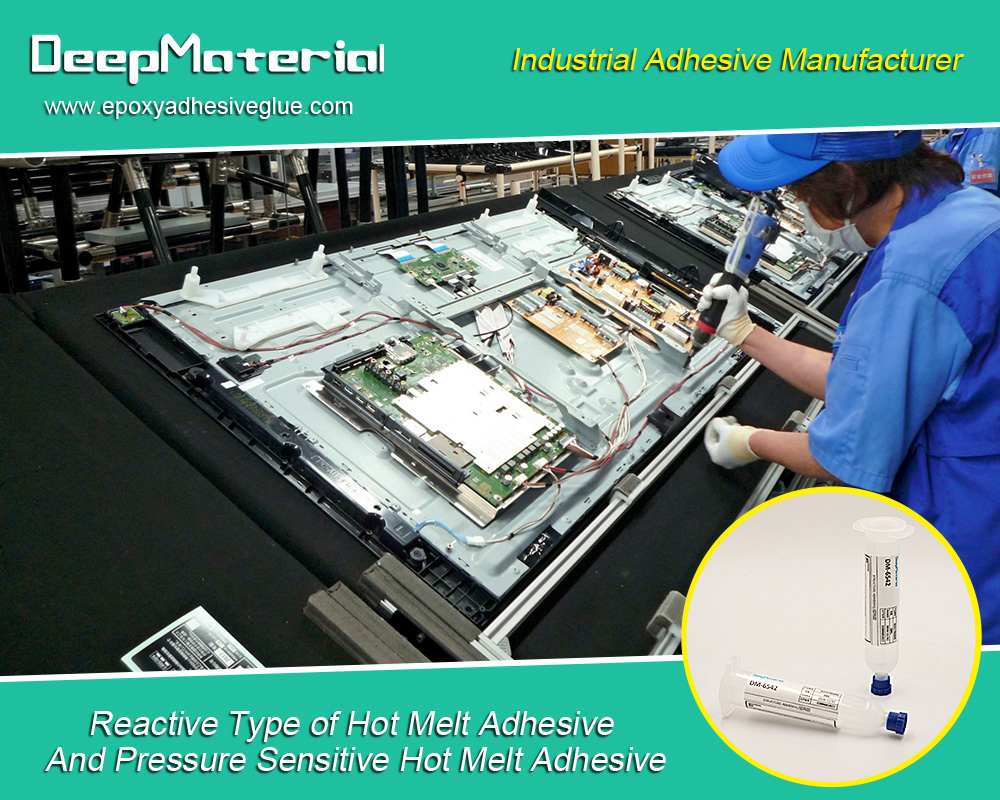
Conclusion
Fire safety is crucial in a restaurant, where fire risk is always present. An Automatic Fire Suppression System protects the property and ensures the safety of staff and customers. These systems can detect and suppress fires early, saving lives, preventing injuries, and minimizing property damage. Investing in a reliable fire suppression system is a responsible and necessary step for restaurant owners who want to safeguard their business, comply with safety standards, and reduce potential financial losses. Please choose the right system, install it correctly, and maintain it regularly to ensure your restaurant remains safe from fire hazards.
For more about choosing the best automatic fire suppression system for restaurants: protecting lives and property, you can pay a visit to DeepMaterial at https://www.epoxyadhesiveglue.com/category/epoxy-adhesives-glue/ for more info.


